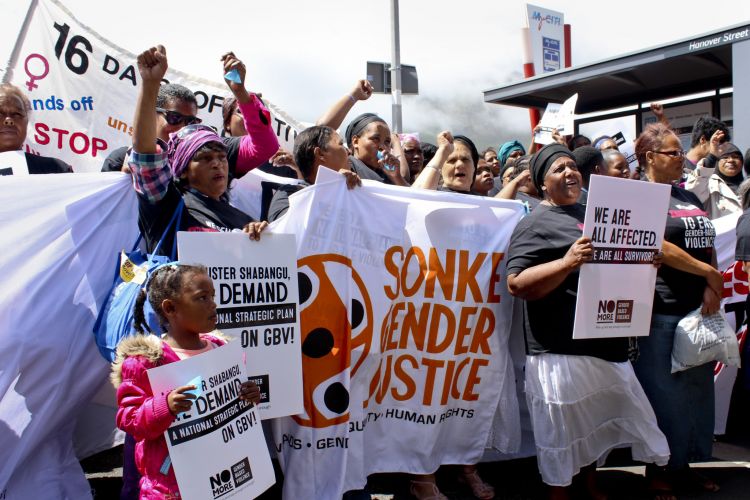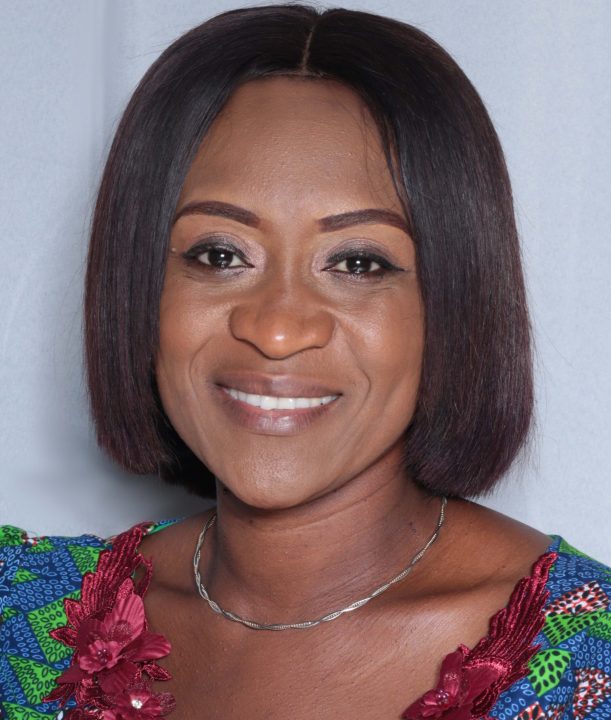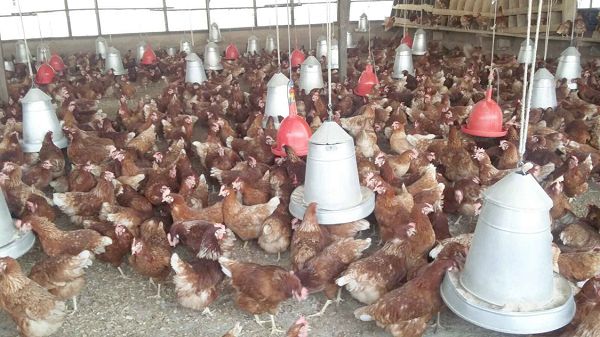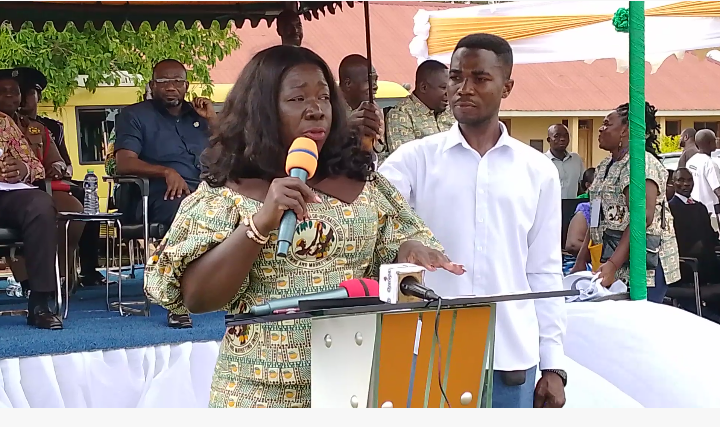South African Minister in the Presidency for Women, Youth and Persons with Disabilities, Dr Nkosazana Clarice Dlamini-Zuma has urged parents to teach their children the need to protect each other and treat each other with dignity and respect to help fight against Gender-Based Violence (GBV).
The Minister of the view that, families are the first tool that can prevent Gender-Based Violence depending on how they are brought up and the way they treat themselves at home.
“In our families, how we raise the young girls and boys, we should raise them in a way that makes them realize that they should protect each other, they should love each other, they should treat each other with dignity and respect. We should allow young boys to beat up their sisters in our families because they will grow up thinking that it is right and even husbands and wives should not be fighting at home because the children will be thinking that is normal” Dr. Dlamini-Zuma said in an interview with South Africa – based Newsroom Afrika monitored by Elvisanokyenews.com on Sunday, 4th June, 2023.
The Minister who maintained that the GBV fight should be everyone’s business added that school authorities and teachers must ensure that boys and girls are treated equally.
Gender-based violence (GBV) is a profound and widespread problem in South Africa, impacting on almost every aspect of life. GBV (which disproportionately affects women and girls) is systemic, and deeply entrenched in institutions, cultures and traditions in South Africa.
Although anyone – women, girls, men and boys – can fall victim to violence simply because of their sex or gender, women and girls are especially at risk. It is estimated that one in three women will experience sexual or physical violence in their lifetime.
Gender-based violence is preventable and UNHCR is committed to promoting gender equality and protecting displaced and stateless people from GBV.
What are forms of gender-based violence (GBV)?
Gender-based violence can include sexual, physical, mental and economic harm inflicted in public or in private. It also includes threats of violence, coercion and manipulation. This can take many forms such as intimate partner violence, sexual violence, child marriage, female genital mutilation and so-called ‘honour crimes’.
Source: Elvisanokyenews.com






